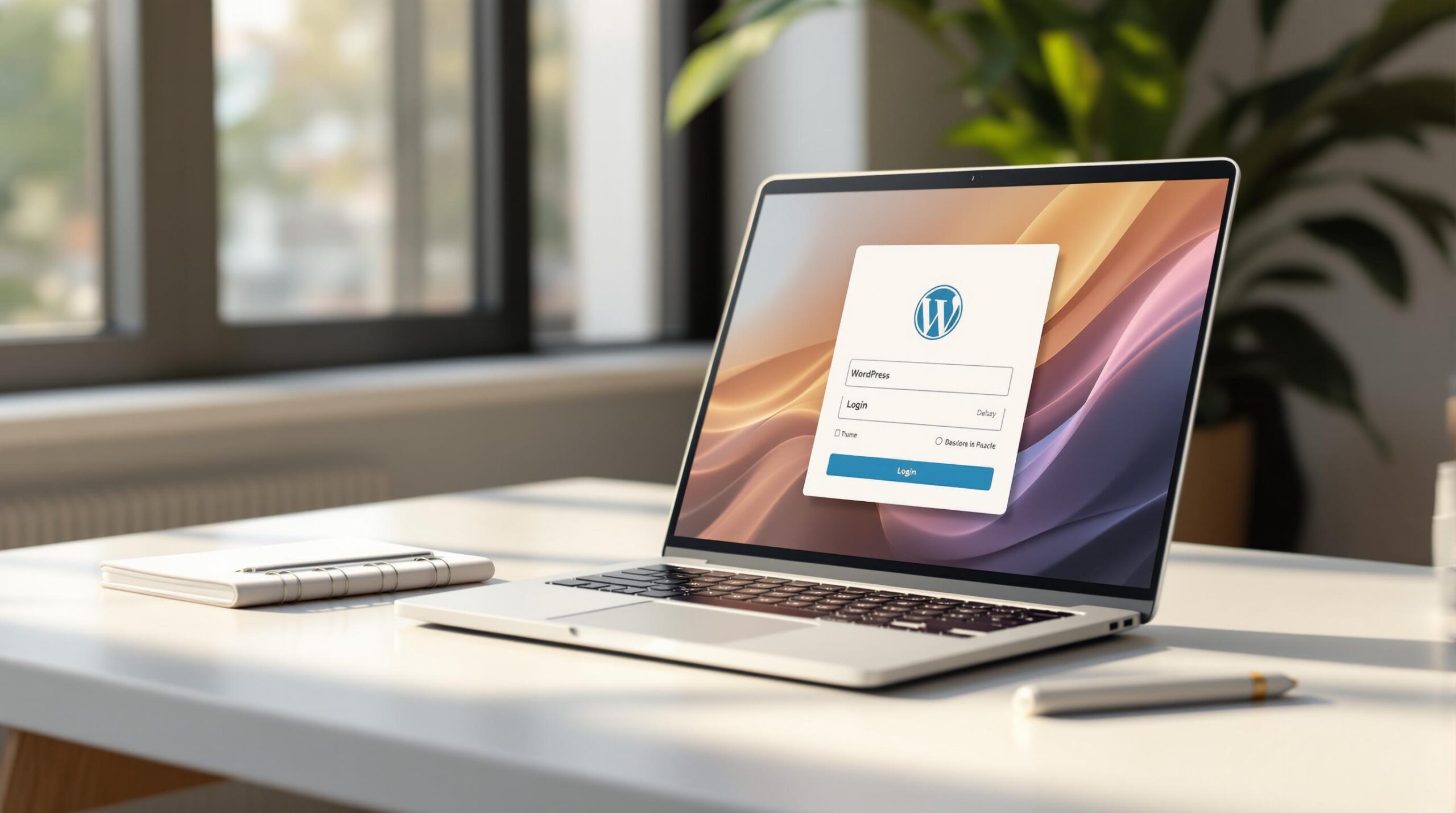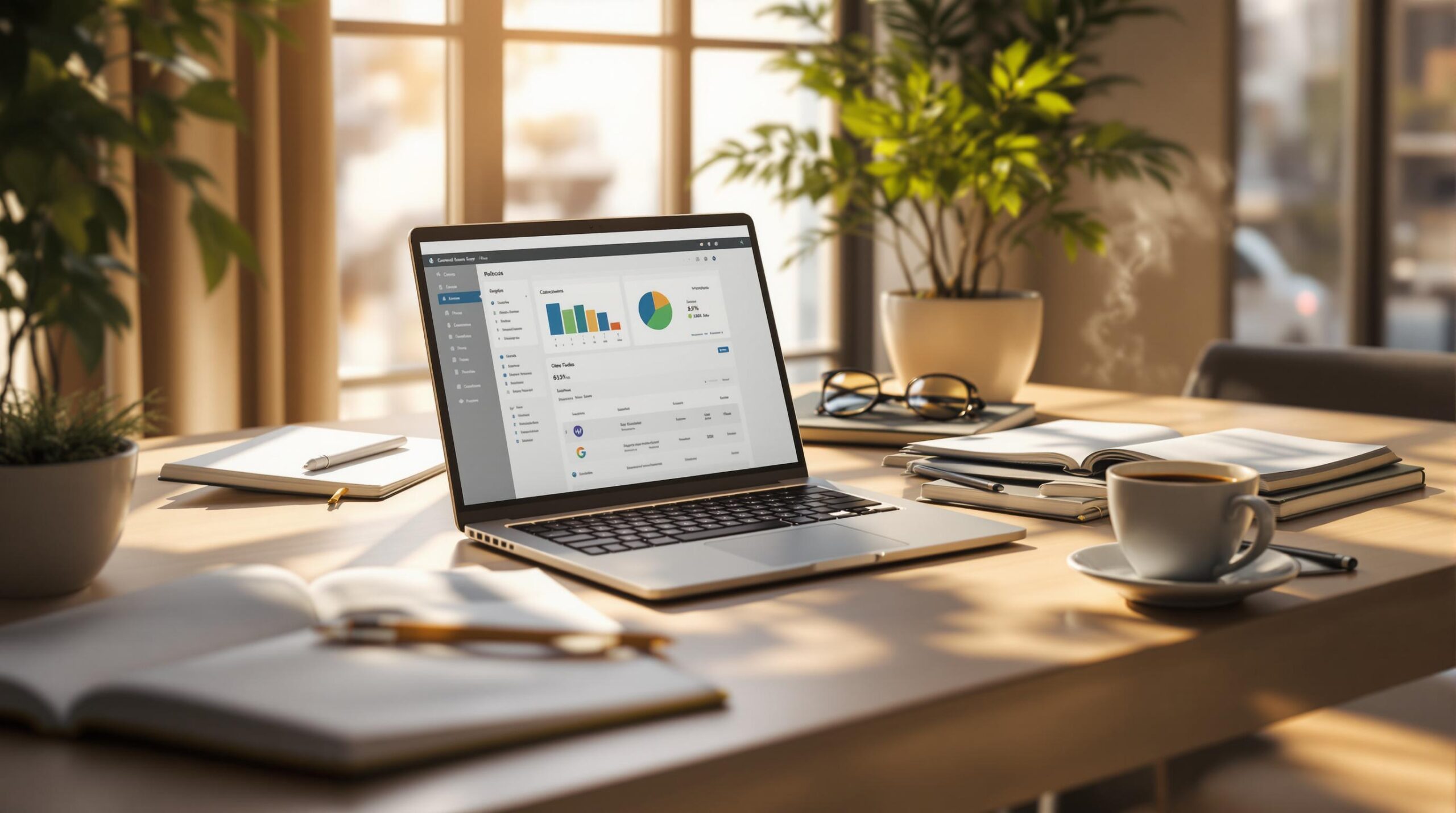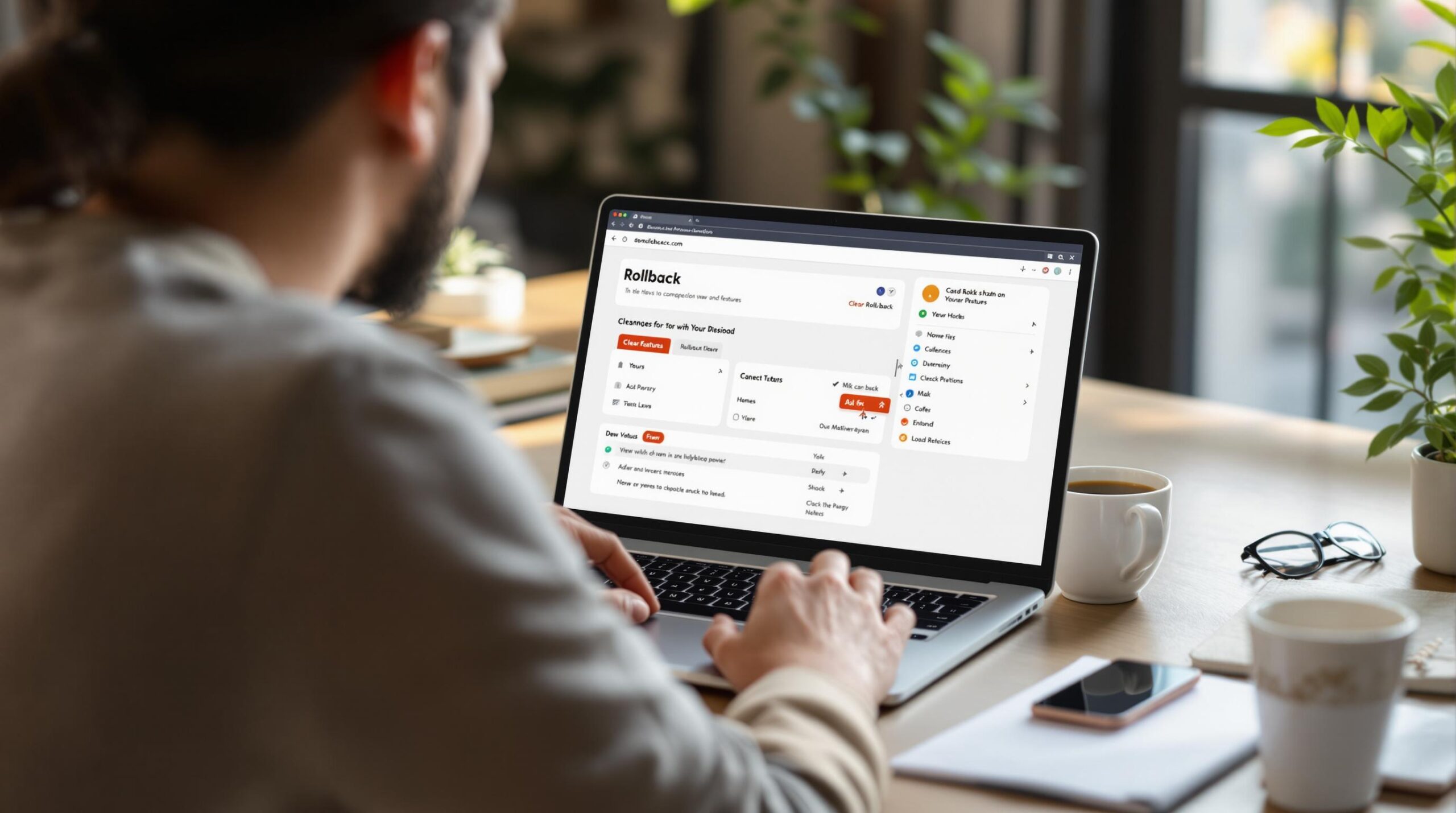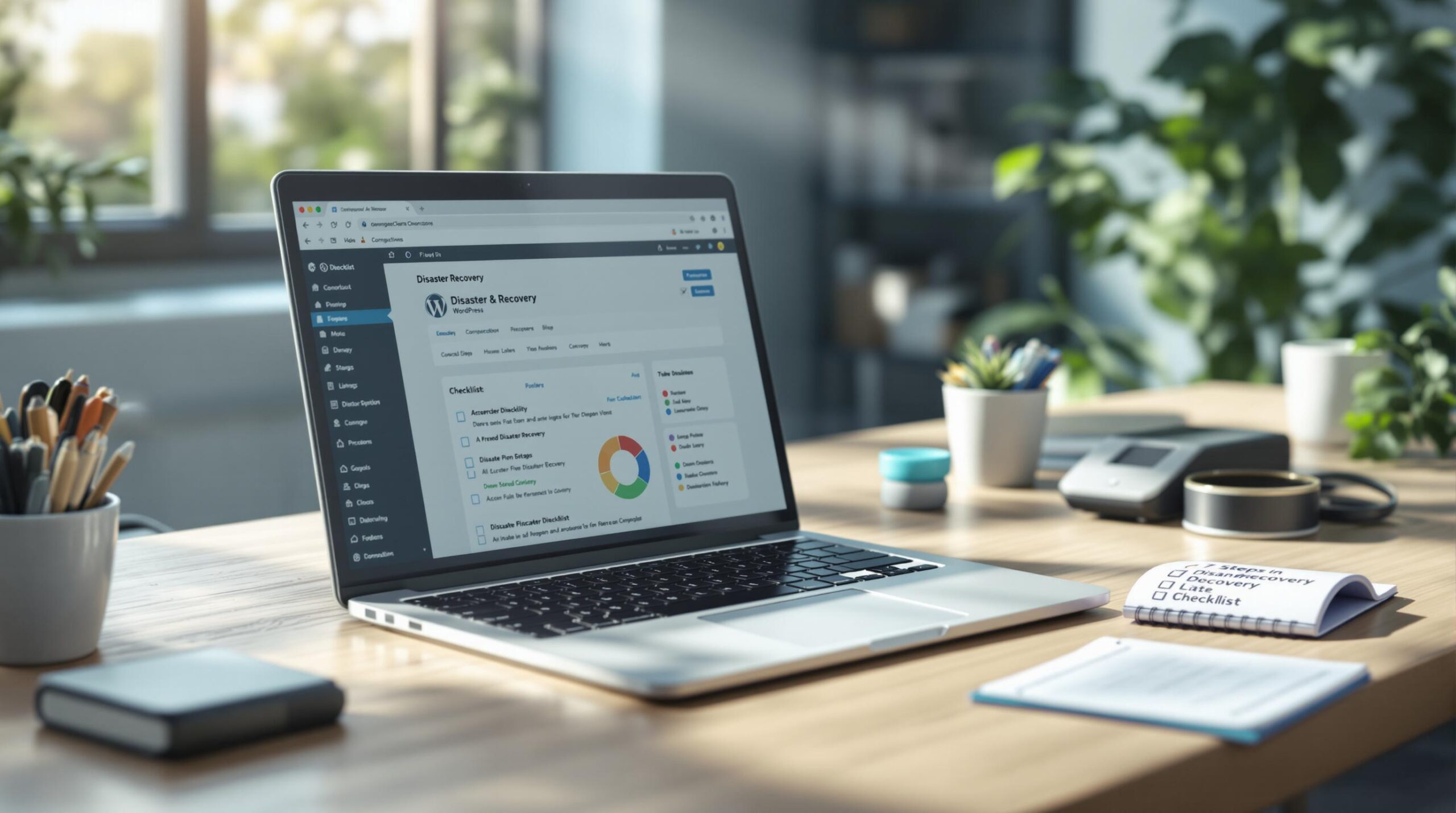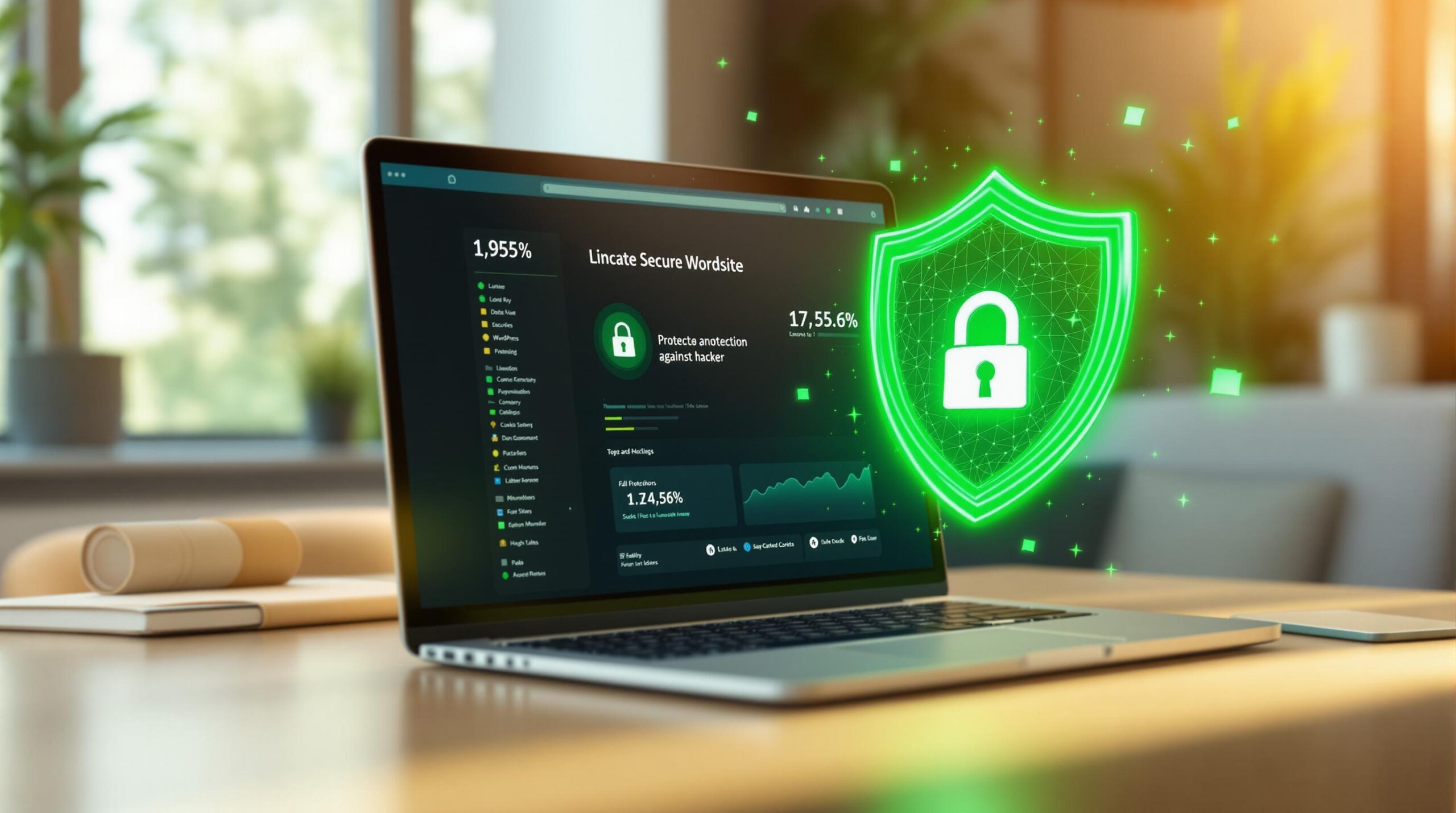So, your WordPress site has slowed down – this is not good news.
If you want to turn visitors into customers or fans, your WordPress site needs to load in 3 seconds or less. If you also want Google to bring you even more visitors, your website speed should be one of your top considerations.
This is not just desktop speed either, mobile needs to be just as fast, if not your main priority.
If you want to get your website speed back to where it used to be, you’re going to need to figure out why things have slowed to begin with.
Why Your WP Site Has Slowed Down
-
You have way too many plugins installed
Plugins are fantastic. They allow you to add a number of different functions to your site. Unfortunately, when you install too many plugins, many of which you no longer use, it gradually starts to slow your site down. In fact, install enough plugins and you can actually double your load time. Identifying and getting rid of unnecessary WP plugins can increase site speedand security.
-
A lot of your site’s JavaScript is unnecessary
Yes, CSS and JavaScript are necessary to get your site looking the way it does. However, if you have strings and strings of unnecessarily long code, it’s going to slow your site right down. Even extra spaces and line breaks that don’t need to be there can have an effect. These lines need to load every time someone accesses your site, which is why it affects the speed. Having a developer get rid of this unnecessary code will improve website speed.
-
Your website images aren’t optimised
High-quality images play an important role on a website but the size is important too. Large images might look great on your site but by keeping size in mind, you can help speed up your site. Images don’t usually need to be wider than 700px, regardless of how visitors access your website. Fortunately, you don’t need to reduce every image size manually either. WordPress has several plugins that will automatically do this when you upload a file. You can also use external tools to reduce the size of images in WordPress.
-
It’s time to rethink your hosting package
A slow server won’t do your WordPress website any favours. If you’re currently running your website on a shared server, you’re competing with several other sites for speed. Fully managed hosting might be slightly pricier but it will make a difference to your site’s speed, even during peak times. If you generate high levels of monthly traffic that results in revenue or leads, it’s best to upgrade your hosting package. Check out some fast WordPress hosting here.
-
You’ve lost track of redirects and pages
It’s normal for your site to expand as your business grows but when it starts filling up with unnecessary pages, site speed is going to suffer. The same applies to any redirects you have in place. Redirects do have their purpose but when you have hundreds of pages redirecting, it’s only natural for site speed to be impacted. It’s essential that you get rid of unnecessary pages on a monthly basis, which a WP expert can help you with.
-
When last did you update WordPress?
WordPress is an impressive platform but it also needs some TLC in the form of regular updates. If your site is still running on an outdated version of WordPress, it may affect your site speed. It also creates the knock-on problem of your site breaking down because your plugins are no longer compatible with an older version of WP. Things can also go wrong during an update, so you may want to have an expert on call. Very often, WP will enter maintenance mode and stay there, leaving you locked out of your website. Overall, WordPress updates are simple but if you’re unfamiliar with the platform, get some help.
-
You’re not using caching
When you’re not using a caching plugin, your entire website loads from scratch every time someone visits it. When you enable caching, a copy is made of each page of your site, which is served to your visitor. This is a simple way to increase your website speed twofold.
Now What?
It’s not that difficult to understand what might be slowing your site down but how do you fix it can be difficult. Unless you have some technical know-how and some time to troubleshoot, it’s best to get a WordPress expert to assist you. Better yet, purchasing a website maintenance package will ensure that your site never experiences speed issues again.



